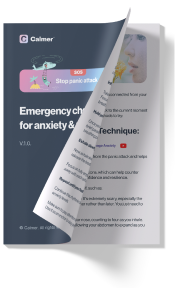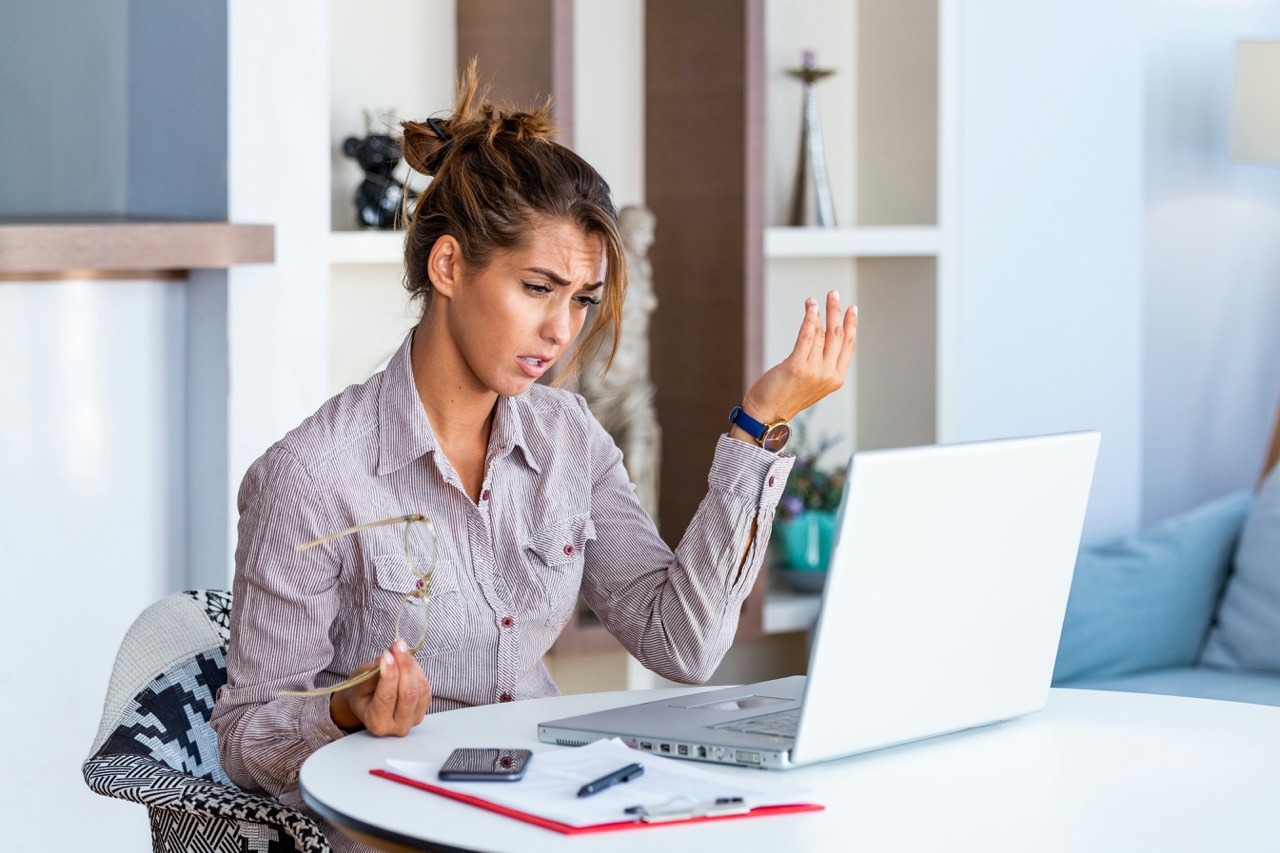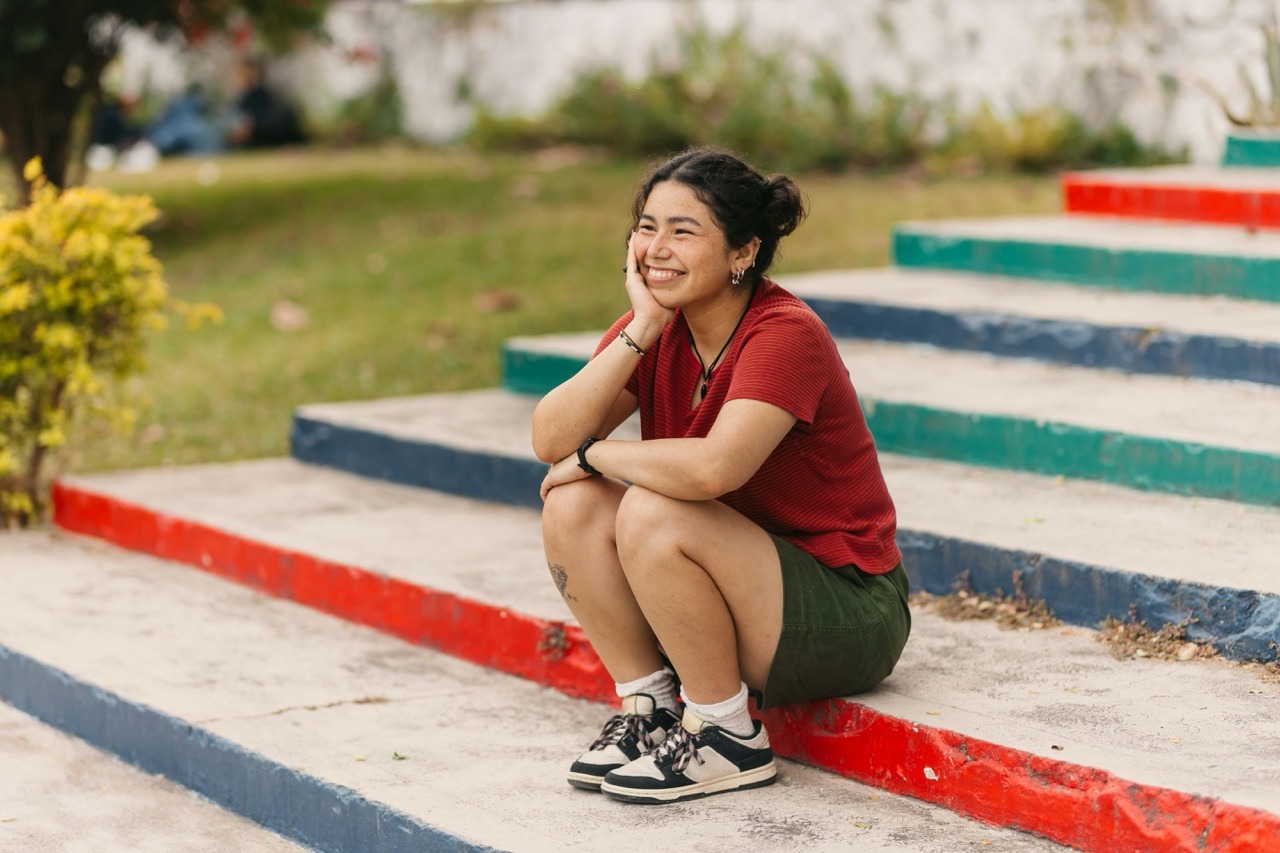Key Takeaways:
- 30% of adults in the US experience short-term insomnia and 10% suffer from chronic insomnia
- Incorporating certain science-based activities can help manage sleep anxiety
- It’s not easy, but it’s certainly doable
Do you ever find yourself lying awake at night, your mind racing with worries and what-ifs? Well, you’re not alone.
Approximately 30% of adults in the United States experience short-term insomnia, while 10% suffer from chronic insomnia, lasting three nights a week for at least three months.
For years, I grappled with this nightly struggle, trapped in a cycle of anxiety that seemed impossible to break. But what if I told you there’s hope?

I’ll share with you what finally helped me soothe my crippling anxiety and the things that finally helped me fall asleep consistently every night (and stay asleep).
And although everyone is different, some of these tips will help you disengage and have a good night’s sleep.
My Story With Sleep Anxiety
For years, sleep felt like an elusive dream to me. Night after night, I tossed and turned, my mind racing with worries and fears.
I was trapped in a cycle of anxiety that seemed to intensify as bedtime approached. I never had trouble sleeping, but now it has become an unattainable goal.
I knew exactly what was causing my anxiety. Facing the challenges of my struggling business, my son’s health issues, and the relentless rise in living and healthcare costs was what kept me awake each and every night.
Each worry weighed heavily on my mind, making it nearly impossible to find peace, especially when it came time to rest at night.
The financial strain of my business’s struggles was a constant source of stress. Every setback felt like a personal failure, and the uncertainty of the future of my family loomed over me.

Expenses climbed higher with each passing month, putting a strain on our finances and adding to my worries about the future.
As a result, instead of finding rest, I tossed and turned, my mind racing with worries and fears. The weight of my anxieties made it impossible to find peace, leaving me trapped in a cycle of stress and insomnia.
But despite the overwhelming challenges, I knew I had to confront my anxieties head-on if I ever wanted to have a good night’s sleep again.
But not before it got even worse.
From Being Too Anxious to Sleep to Developing Sleep Anxiety
From the initial struggle of being too anxious to sleep to the development of full-fledged sleep anxiety, my journey with insomnia took on a life of its own.
It started innocently enough, with occasional nights of tossing and turning as my mind raced with worries and concerns.
At first, I brushed it off as normal stress, something that would pass with time. But as the nights turned into weeks and then months, I began to realize that my inability to sleep was more than just a passing phase.
It was a chronic condition that was taking a toll on every aspect of my life. As the sleepless nights piled up, so too did my anxiety about sleep itself.
I found myself stuck in a repeating pattern, where the fear of not being able to sleep only served to make it harder to actually fall asleep.
I became hyper-aware of every sensation in my body, obsessing over every twitch and ache.
But despite the darkness that surrounded me, I refused to give up hope. I knew that somewhere out there, there had to be a solution.
I tried taking melatonin because people were raving about it, but that only made things worse for me.
And so, armed with determination and a willingness to explore new avenues, I set out on a journey to find the answers.
What Finally Worked
What finally helped me was meditation, yoga, exercising, eating healthy food, some therapy, and believing that everything will work out for the better and that ALL of this is just a phase.
Meditation
When I first started considering meditation, I was skeptical. Meditation? Sitting still and quieting my mind seemed like an impossible task, especially when plagued by relentless anxiety.
Yet, in a desperate search for relief, I decided to give it a try with the help of an app. To my surprise, meditation worked. It really helped me escape the noise of the world and reconnect with my inner calm.
Here’s what to do: Each day, carve out time to sit quietly, focusing on your breath and letting go of racing thoughts.
Through consistent practice, you’ll notice a shift in your mindset. You’ll become less reactive to stressors and more aware of your body’s needs.
Most importantly, meditation will show you how to embrace and find peace with your anxiety, and you’ll find comfort in it during those challenging nights.
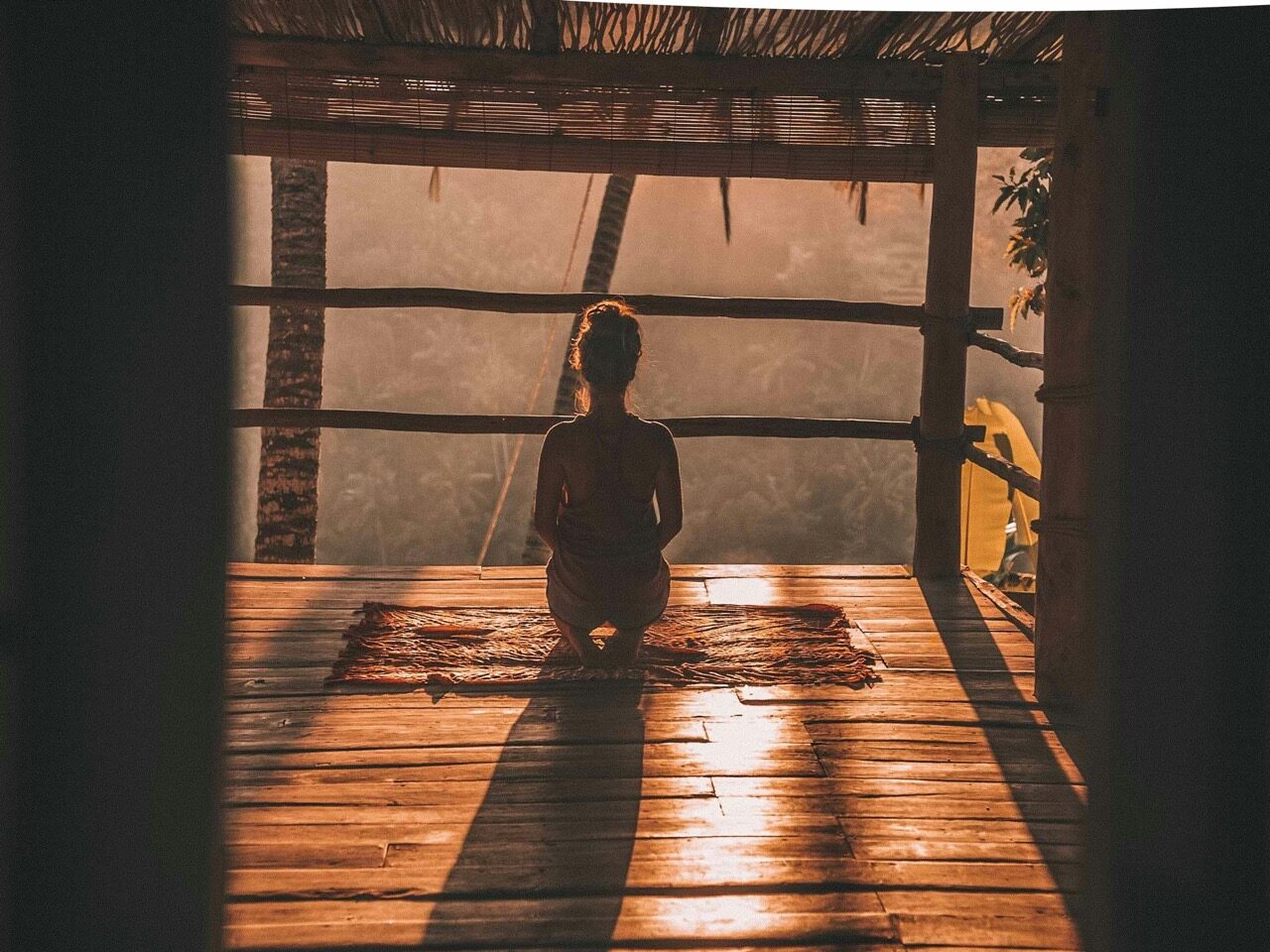
Yoga and Regular Exercise
Like most red-blooded men, I was skeptical of Yoga, too. Not at this point, but years before.
For one reason or another, I haven’t practiced it in years, and this seemed like the perfect motivation to start doing it again, especially as I read up again on its many, many benefits.
Plus, with its gentle stretches and calming breathwork, it gives you much-needed relaxation and calmness.
Each downward dog and warrior pose was a chance to release tension and invite stillness into my body.
Through consistent practice, I discovered newfound flexibility, not only in my muscles but also in my approach to handling stress.
Although I had a treadmill, I started running outside again. Running outside was more than physical activity. It built up resilience and strength in me to face other challenges, too.
Like moving away from pizza to more balanced foods.
Healthy Food
Transitioning to a diet focused on whole, nutrient-rich foods played a crucial role in getting rid of anxiety and getting better sleep.
I prioritized fruits, vegetables, lean proteins, and healthy fats while cutting back (a lot) on caffeine and refined sugars.
This shift in eating habits not only boosted my energy during the day but also promoted more restful sleep at night.
I won’t go into details because most people know this already and just need the willpower to start using it more.

Therapy and Sharing
Though I tried therapy for a couple of months, I found I wasn’t gaining much more insight than what I’d already learned from my own reading. Still, just talking about my feelings helped.
I also shared much more about what was happening to me with my wife and some of my close friends who could relate to it.
My wife has been anxious all the time herself since our son was born, but I felt she needed to be in the loop even though I was afraid she’d worry even more (if that was even possible).
It relieved the pressure to pretend everything was fine, and that alone made a difference in managing my sleep anxiety.
Positive Thinking
But perhaps the most powerful tool in my arsenal against sleep anxiety was the belief that everything would work out for the better and that this too was just a phase.
I kept reminding myself that I had weathered storms before and emerged stronger on the other side. There will always be problems with my business, as there are with any business.
This belief became a mantra of sorts, guiding me through the darkest of nights and reminding me to hold onto hope.
One of the worst mistakes people make is that once they start feeling better, they fall back into old habits.
So, I decided to continue to practice meditation, yoga, and healthy habits even after I noticed a gradual shift in my mindset and became more resilient.
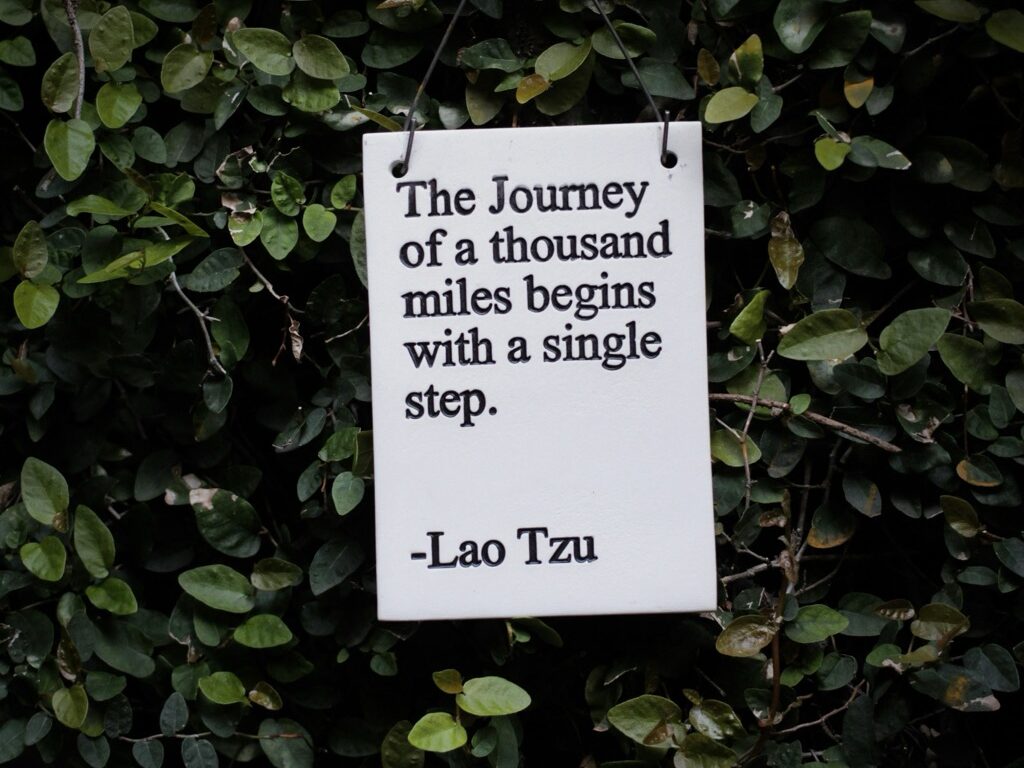
I became more compassionate towards myself and more grateful for the small joys in life. Sleep and anxiety no longer felt like an impossible obstacle but rather a temporary detour.
Simple Plan For Better Sleep Without Anxiety
After years of reading, researching, and experimenting, I’ve created an actionable super-plan for falling asleep quickly and having excellent sleep. It has worked for me and many of my friends, so I wanted to share this in a short, densely packed guide that everyone can use. Hopefully, this will be useful for my readers as well.
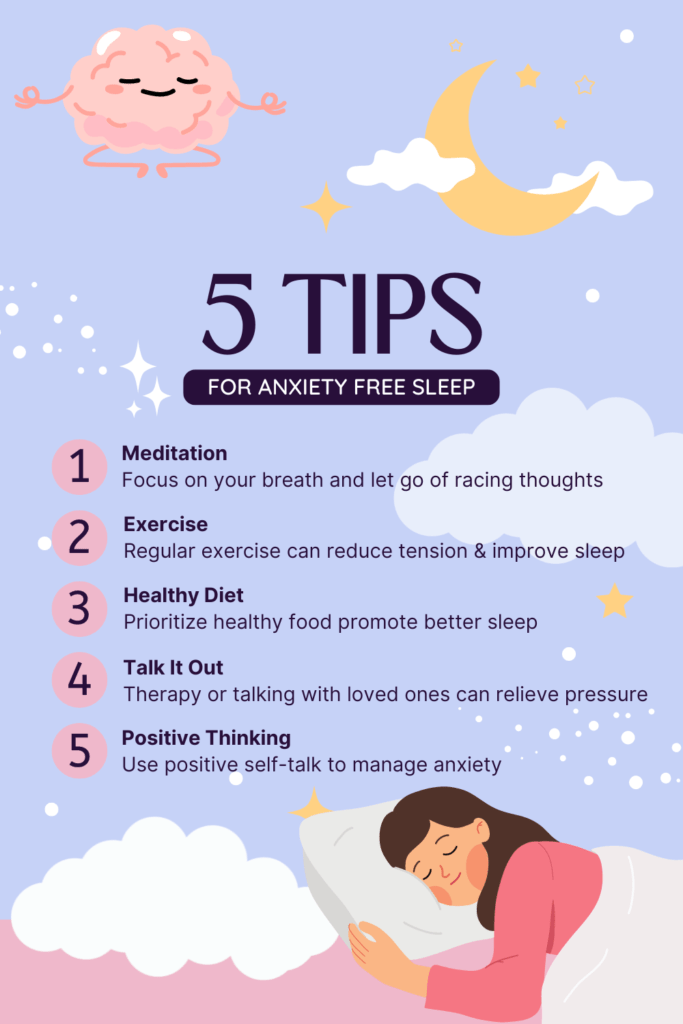
Learn From The Experience Of Others
Reading about other people’s experiences and what helped them also helped me. Here are some experiences from Reddit I wrote down for myself:
“Try meditation, binaural beats, masturbation, melatonin, breathing exercises, progressive muscle relaxation, yoga, and mindfulness. I try to catch myself thinking of something I don’t need to worry about right now and focus my thoughts on something else, like my breath or imagining a relaxing place, even something like listing as many songs from your favorite band, counting sheep, imagining what your dream room would look like, something easy and distracting to think of like that.”
artecomet
“I lie down in my bed and think of a task I am not very familiar with. Then I try to think through how you would do that logistically speaking. For example, if you were on an island and you needed to build a cabin, what would you need to do? I’ve never built a cabin so I have no idea, but I assume first you would need to cut down some trees…”
warpus
And there are many more interesting stories and insights that can be found on Reddit related to sleep anxiety.

